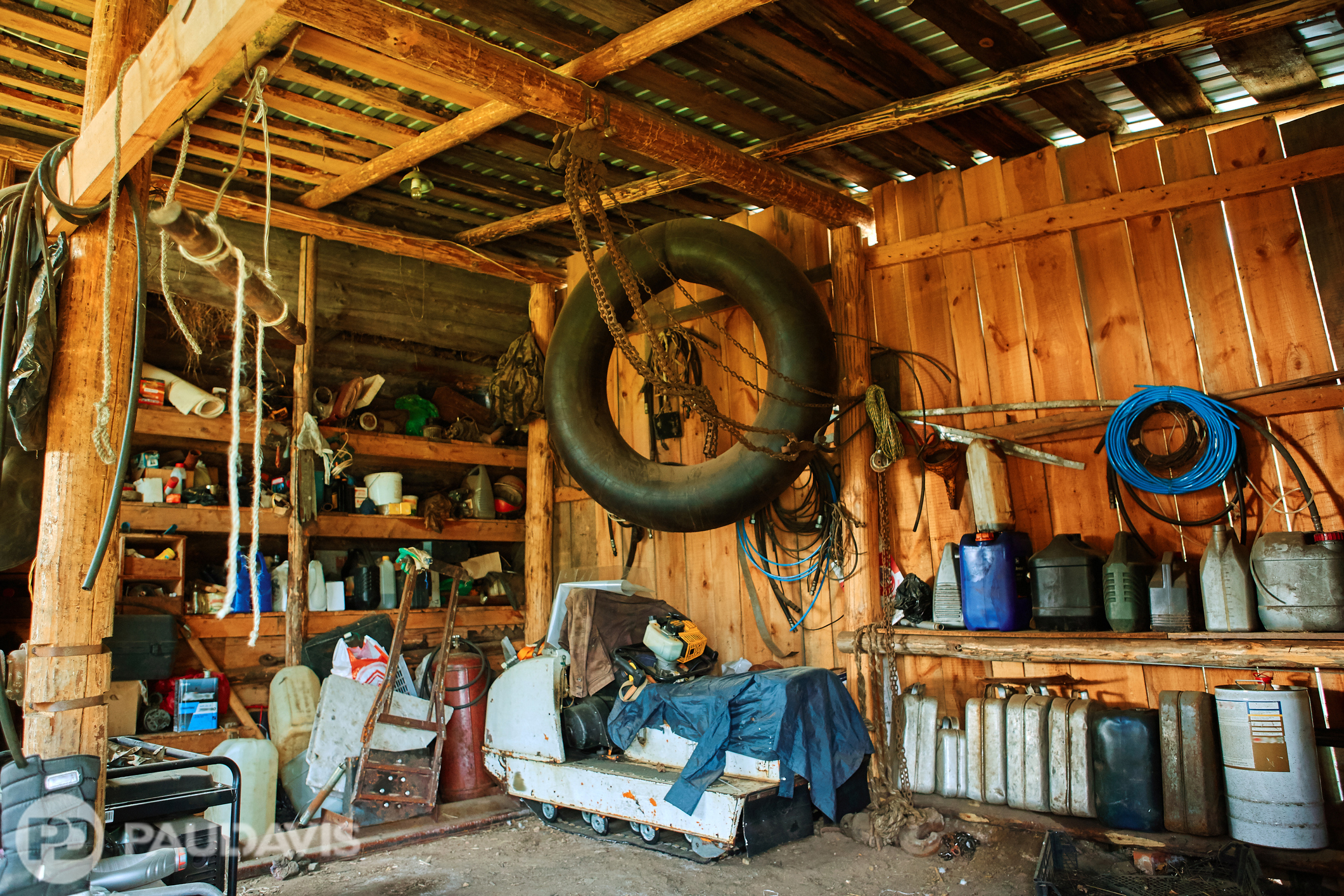
“With so many extreme weather events and related power outages, more people than ever are storing petrol and propane on their properties for generators, gas fireplaces and outdoor cooking equipment,” notes Leslie Anderson, Vice President of Training, Paul Davis Restoration Inc., who says there are tens of millions of propane-fueled devices in Canada. “Further, many property owners use petrol mowers for landscape care. Take some time as the weather gets colder to ensure you are storing these flammable liquids safely and reducing fire risks.”
Colourless and odourless in its natural state, propane has become popular for its earth-friendly profile as one of the cleanest burning fossil fuels. Propane is 270 times more compact as a liquid than a gas, which is why it’s stored and transported in tanks as a fluid. Store it safely by following these tips:
- Turn off propane tank valves when not using the equipment.
- Disconnect tanks if the equipment will not be used for more than 30 days.
- Store tanks upright at all times to avoid hampering the safety relief valve.
- Store tanks at floor level, out of reach of children and pets, never on a shelf or other elevated storage location that could topple and damage heavy tanks if jostled.
- Store tanks outside in a protected but ventilated area, away from open flames or dampness/rain/snow that can cause rust.
- For larger propane tanks, ask fuel suppliers to inspect and service them at least once a year.
An extremely flammable substance, petrol emits enough vapours even at -22 degrees C to form a burnable mixture in the surrounding air. Protect property and occupants by following these storage tips:
- Always store petrol in an approved container of 25 liters or less. Approved containers display prominent labeling that they meet legal specifications.
- Fill approved containers no more than 95% full to allow for expansion and keep the cap tight to prevent evaporation
- If storing petrol longer than 30 days, consider a fuel stabilizer, which contains antioxidants and biocides that prevent mildew and degrading compounds from forming in the liquid.
- Store the container at least 15 meters away from pilot lights or other ignition sources in a protected but ventilated outdoor area – such as a garage or shed - free of rain/snow/moisture that can cause rust.
- Put the container on the floor – not on or in elevated storage - out of reach of children and pets.
- Check to see that your container has a flame arrestor. This very low-cost wire mesh device fits inside the spout and prevents flames or heat from igniting the explosive fumes inside the container.
“We also urge property owners to take one more step in the fall to boost fuel storage safety: inspect your home heating oil tanks for leaks or damage,” Anderson adds. “These tanks last a long time but they don’t last forever!”
